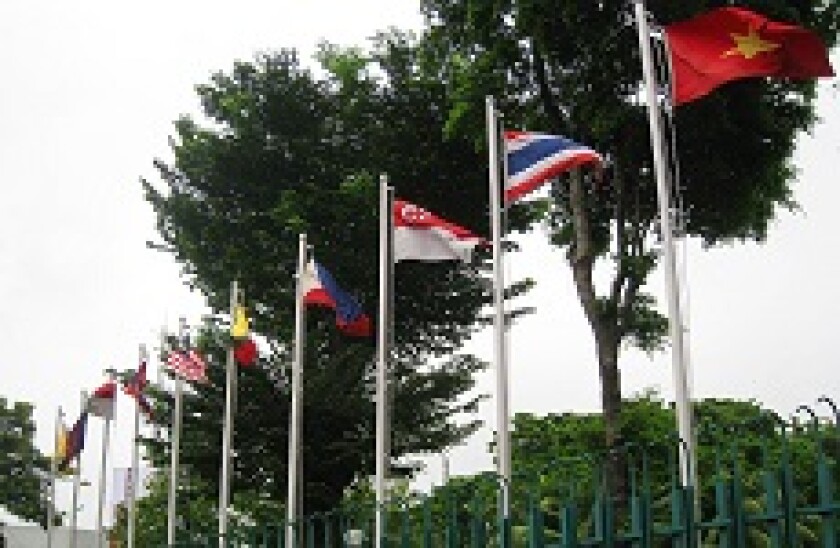At least six banks have announced cuts in southeast Asia so far this year, including CIMB, Goldman Sachs, Macquarie Capital and Standard Chartered. CLSA and Nomura have also reportedly trimmed their equities divisions, as ECM volumes dwindled 24.74% to $24.89bn last year.
Those statistics don’t rattle Religare. The investment bank, a unit of India’s Religare Enterprises, has ambitions to grow as a niche yet nimble underwriter and broker to capture flows between India and the rest of Asia.
For now southeast Asia will be the focus for Religare. It has brokered some 40 deals since starting out five years ago, half of which were from the region. Just this week it worked on a S$90m ($67m) private placement for Soilbuild Business Space Reit.
The firm’s Singapore-based international arm is led by chief executive Sutha Kandiah, who cut his teeth in ECM as a banker at UBS for 12 years. “We have been quietly chipping away,” he told GlobalCapital Asia. “We do about two to three big deals a year, but our bread and butter is the mid-market type deals.”
indepth_india_300pxMid-market niche
As with most boutique brokers, league tables are not a top priority for Religare. “We don’t chase league table rankings,” Kandiah said. “We don’t get up in the morning and tell people we have this or that spot on the league table.”
Religare received league table credit for four ECM deals last year raising a collective $180m in India and Singapore, according to Dealogic.
Instead, the goal is profitability. “While this business model can be extremely lucrative, it also tends to be lumpy,” he said. But its agency model has allowed it to ride out market cycles.
For southeast Asia, which was until a few years ago the darling of ECM bankers, Kandiah believes patience and persistence is key. Those who are now withdrawing had made the mistake of letting their cost structures get too bloated, he said.
One way Religare helps clients keep costs low is by aligning pay to performance, so that the firm is not saddled with heavy fixed costs. Senior partners also own 49% of Religare.
Southeast Asia, Kandiah points out, is will be attractive depending on the kind of a time horizon a firm or investor is willing to take. “The bigger banks that have to answer for quarterly or annual outcomes may not be able to see things like we do, but being small and niche, we can afford to take a multidecade view,” he said.
Hungry for more
Some notable deals the firm has brokered in the Philippines include the $411m IPO of Travellers International Hotel Group, where it was a joint global coordinator, international bookrunner and international lead manager.
Religare was also a joint bookrunner for the $155m placement in Puregold Price Club Inc and has a syndicate role in the pending $602m follow-on of Global Ferronickel Holdings.
The collaboration with FSG is just one of the many tie-ups it is looking to ink to extend its reach throughout Asia. Where Religare has an advantage is in its ability to distribute deals across borders, said Kandiah.
Linkages with local brokers allow it to work with those on the ground who know the market and can originate deals. Both parties then work together on execution and distribution. It is in the process of setting up a frontier markets business and owns a controlling stake in Bartleet Securities in Sri Lanka and is exploring expansion in Bangladesh, Myanmar and Vietnam.
Entrepreneurial drive
In an environment where investment banking products are essentially commoditised , its strategy is to find other entrepreneurs and service them from the get-go, said Kandiah.
“Today the entrepreneur may have just a $120m market capitalisation, but five years down the road when his business is worth many times more and everyone is knocking on his door, we would have earned our seat at the table,” he said.
“The approach is to be patient, find the right company and go in at the right time.”

